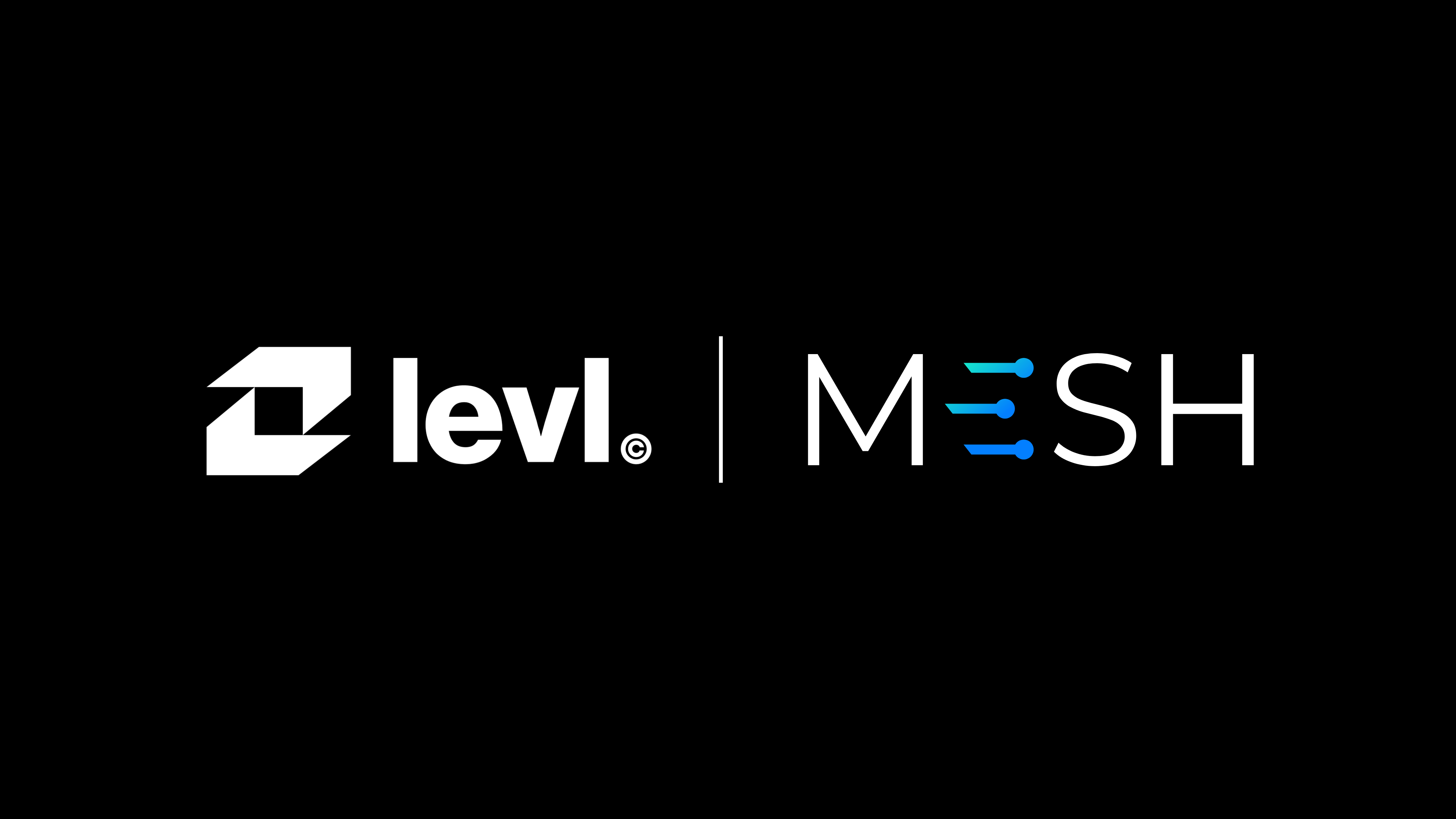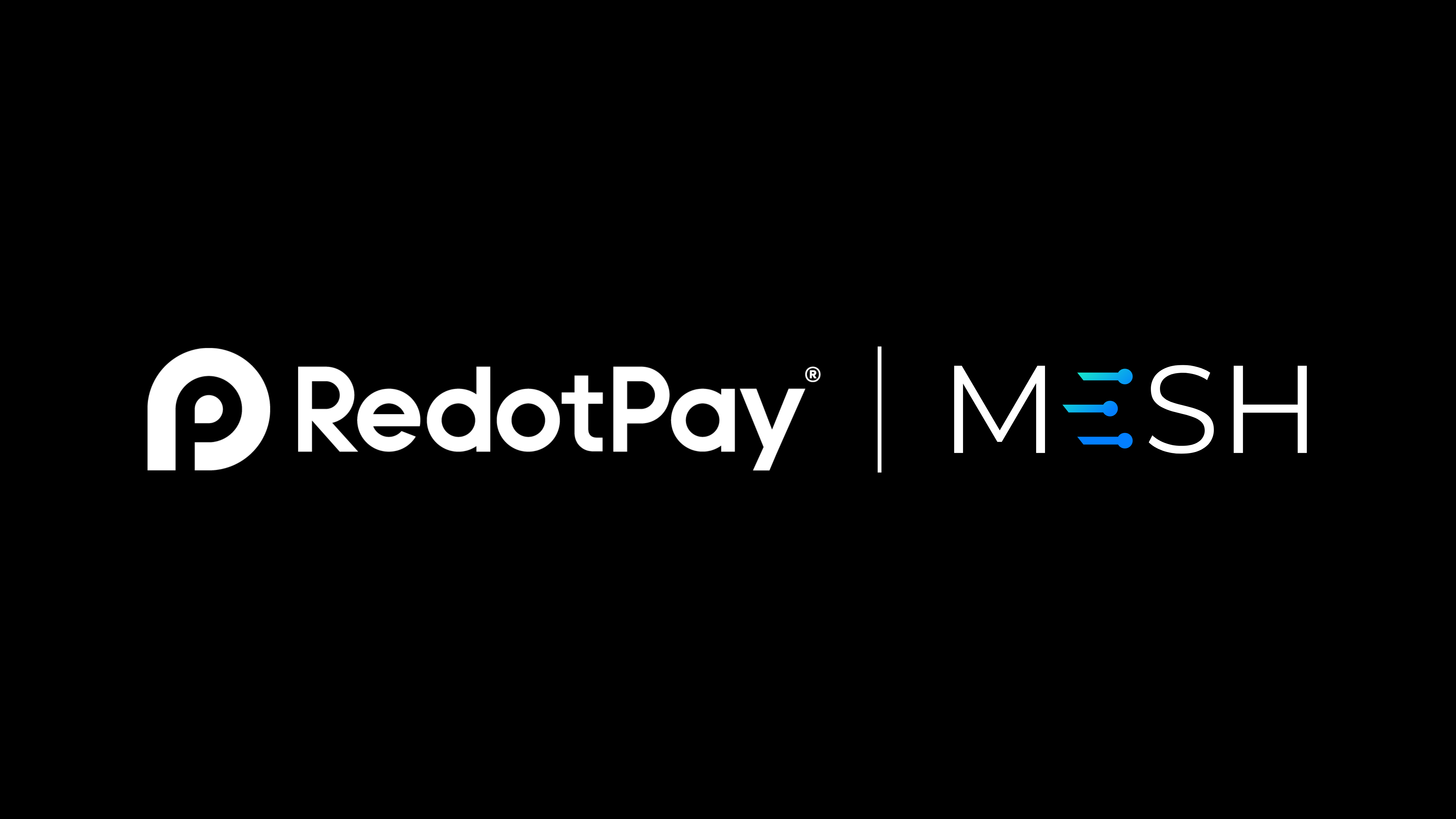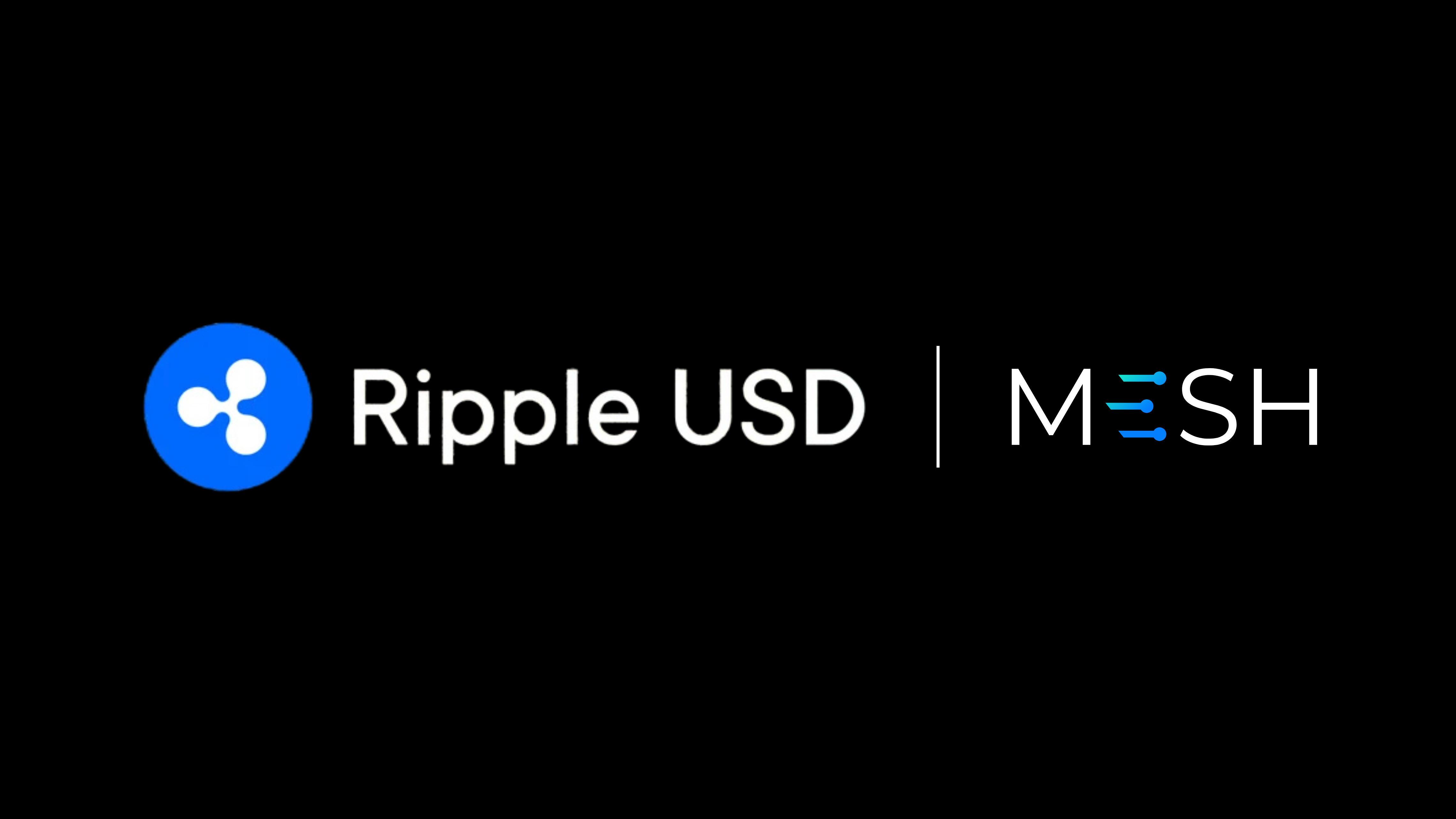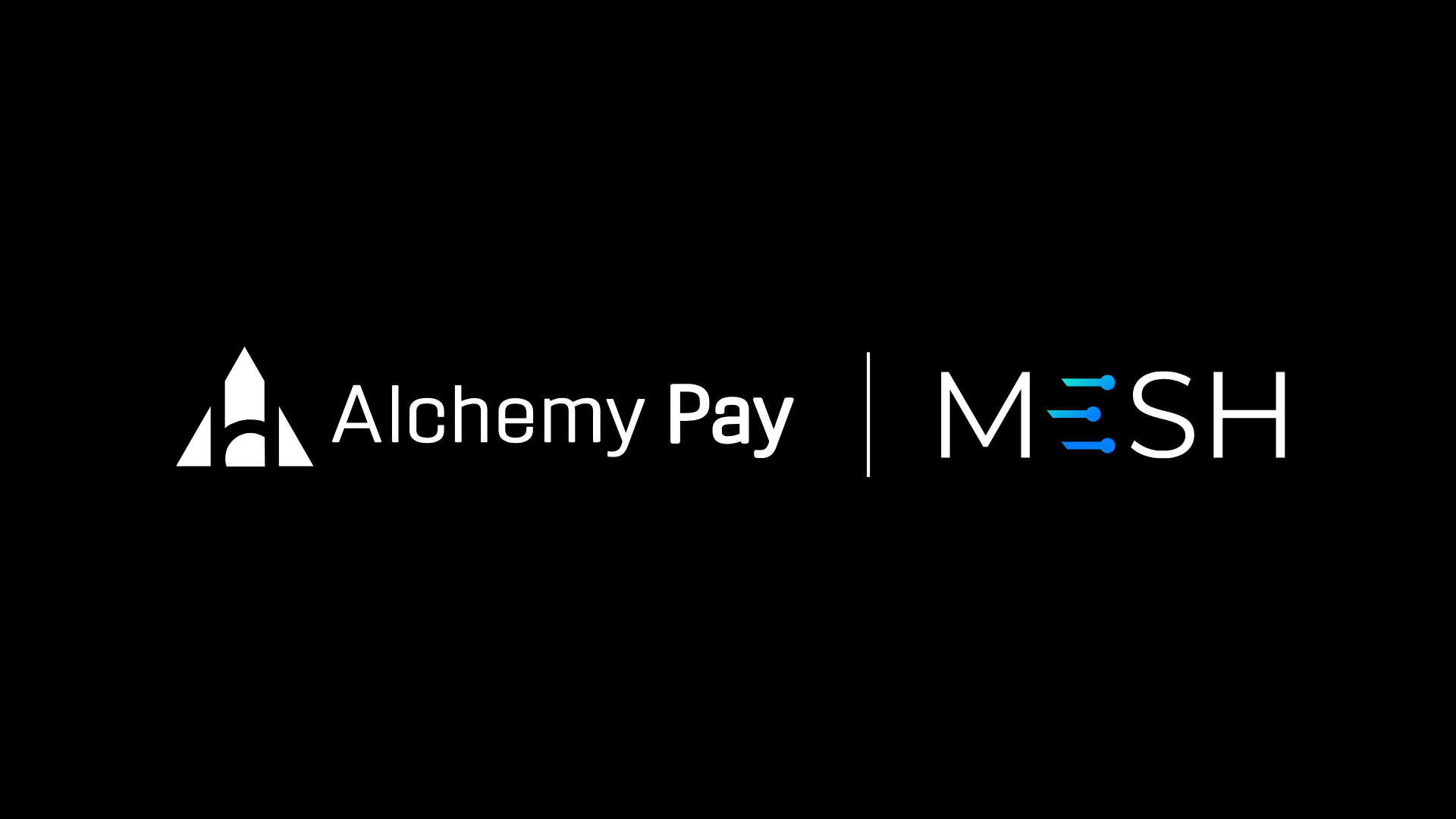January 3, 2024
Does Bybit have an API?
Yes, Bybit does have an API that provides access to various types of information such as market data, order management, position management, account management, and asset management. You can find more details in the Bybit API Documentation. However, an alternative to using Bybit's public API is to use Mesh, which has built integration with Bybit along with 300+ other digital asset exchanges and wallets. Check out the Mesh Documentation and Mesh Integrations for more information.
About Bybit
Bybit, founded in 2018, is a cryptocurrency derivatives exchange platform that offers user-friendly trading tools for futures and perpetual contracts. With over 10 million global users, Bybit provides more than 270 spot assets and over 200 derivatives contracts. Headquartered in Singapore, the company has a team of 1,058 employees and has received funding from 16 investors. Bybit aims to provide industry-leading trading products and tools to help users trade and invest like professionals, while also offering various deposit rewards for users who deposit and trade certain amounts.
General usage
Bybit, offers an API that combines Spot, Derivatives, and Options into one set of specifications, providing uniformity and efficiency across its product lines. Users can access Bybit's API to manage various aspects of their trading, such as market data, order management, and account management.
Rate Limits
Here are the details for the account endpoint rate limits:
- Account Endpoints:
- GET/v5/account/wallet-balance (accountType=SPOT): Requests per second per UID: 20
- GET/v5/account/wallet-balance (accountType=CONTRACT): Requests per second per UID: 10
- GET/v5/account/fee-rate (category=linear): Requests per second per UID: 10
These limits are not upgradable, meaning they are fixed for all users regardless of their account type or level.
Authentication
This is how you authenticate your requests to the Bybit API:
- Generate an API key via the Bybit website, and note down the key and secret.
- Calculate the expiration timestamp as the number of milliseconds since Unix Epoch in UTC, plus an appropriate time buffer (e.g., 5 minutes).
- Create the signature by generating a sha256 HMAC using the secret key on the prehash string, which includes the API key, expiration timestamp, and any request-specific parameters. Convert the resulting signature to a hexadecimal string.
- Include the API key, expiration timestamp, and signature in your WebSocket requests for private channels.
- Ensure you follow the guidelines for maintaining the WebSocket connection, such as sending heartbeat packets and adhering to IP limits.
Errors
These are the most common Errors for Bybit’s API:
- Error 400: Bad request. Ensure you send the request with capitalized GET/POST.
- Error 401: Invalid request. Use the correct key to access and put authentication params in the request header.
- Error 403: Forbidden request. Possible causes include IP rate limit breaches, sending GET requests with an empty JSON body, or using a U.S. IP.
Recent changes
Here are five of the most recent changes to the Bybit API:
- On 2024-01-02: A new response parameter 'effectiveLeverage' was added to the 'Get Status And Leverage' endpoint of the REST API.
- On 2023-12-28: New response parameters 'deferredLiquidationLine' and 'deferredLiquidationTime' were added to several endpoints of the REST API.
- On 2023-12-22: A new request parameter 'marketUnit' was added to the 'Place Order' endpoint of the REST API.
- On 2023-12-20: The 'smpGroup' parameter was depreciated in the 'Get Account Info' endpoint of the REST API.
- On 2023-12-14: A new field 'cts' was added to the 'Orderbook' endpoint of the WebSocket API.
An alternative to the Bybit API.
As mentioned above, Mesh provides a great alternative to Bybit, particularly for developers and businesses aiming for a streamlined and integrated user experience for cryptocurrency transactions. Here are some of the standout features of Mesh's API:
- Integrated User Experience: Mesh allows you to seamlessly embed cryptocurrency deposit, transfer and payment functionalities into your app, offering a smooth user journey for your customers.
- Broad Connectivity: With a single integration, Mesh connects to over 300 brokerages, exchanges, and wallets, providing extensive flexibility and choice for your digital asset management needs.
- Simplified Asset Management: Mesh's API simplifies the process of depositing assets, enabling transfers from various sources directly within your app for enhanced user convenience.
Start with Mesh today and experience the ease and efficiency of their cutting-edge API in your digital asset endeavors.
.png)











.png)
.png)
.png)
.png)
.png)
.png)
.png)
.png)

%20(1920%20%C3%97%201080%20px)%20(61).png)
.png)


.png)

%2520Wallet.png)















.png)
.png)

















.png)



.png)
































%2520Wallet.png)


